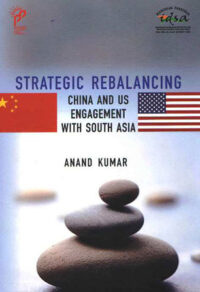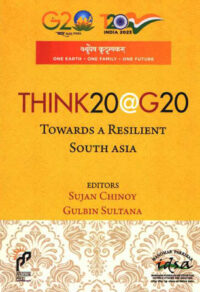Religion and Politics in South Asia by Ali Riaz (ed.)
In the post-colonial era, religion has emerged as a powerful political force in South Asia. The key question that emerges is: how and why did religion become this potent political ideology in the South Asian region? Aiming to find the answer to this question, Ali Riaz, along with other scholars from the region—namely Abdulkader Sinno, Amalendu Misra, Subho Basu, Farhat Haq and A.R.M. Imtiyaz—offers a comprehensive analysis of the interaction between religion and politics in Afghanistan, Bangladesh, India, Nepal, Pakistan and Sri Lanka.
- Md. Mizanur Rahman
- January 2014

















